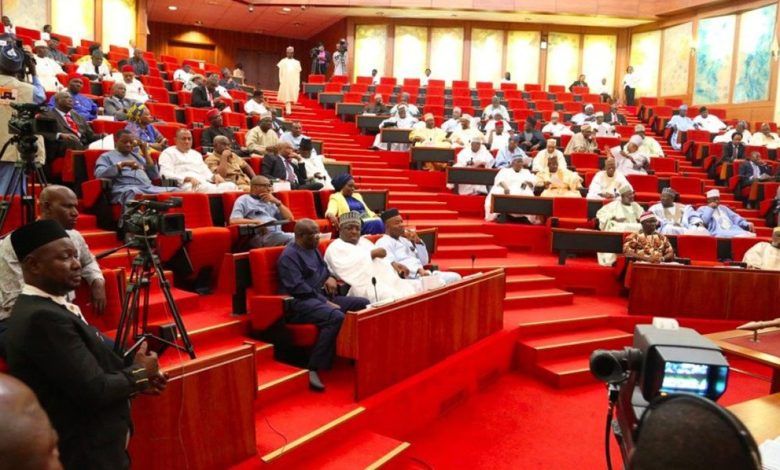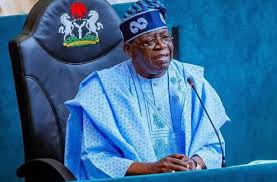
The Nigerian National Assembly has approved an additional N300 billion for the country’s health sector in the 2025 budget, bringing the total allocation to N54.9 trillion. The increase was passed by both the Senate and House of Representatives on Thursday, marking a significant rise from the initially proposed N54.2 trillion.
In the original budget proposal, the federal government had allocated N2.48 trillion, which represented 5.18 percent of the total budget, to the health sector. However, this allocation fell short of meeting the target set by the Abuja Declaration of 2001, where African Union countries committed to dedicating at least 15 percent of their annual budgets to health. Nigeria has consistently struggled to meet this target.
The National Assembly explained that the additional funds would address key health challenges in Nigeria, including tuberculosis, HIV, malaria, and polio, especially after the suspension of U.S. foreign aid, which previously supported these initiatives.
Chairman of the Joint Appropriations Committee Adeola Olamilekan, pointed out the impact of the U.S. government’s suspension of health interventions through the United States Agency for International Development (USAID). “It is to be noted that the recent action by the United States government to suspend further intervention in the Nigerian health sector will have adverse effects on Nigerians affected by such diseases,” Olamilekan said.
To fill the gap left by the suspension, President Bola Tinubu made a proactive provision of $200 million (approximately N300 billion) through service-wide votes to ensure continued support for critical health programs. This allocation aims to mitigate the challenges arising from the suspension of U.S. assistance, especially for diseases like HIV and malaria, which have historically seen strong U.S. intervention through programs like the President’s Emergency Plan for AIDS Relief (PEPFAR).
The situation has been complicated by changes in U.S. foreign aid policy under President Donald Trump, who signed executive orders that paused several health initiatives globally, including those in Nigeria. While some services under PEPFAR were later restarted, the overall situation remains uncertain, compounded by the suspension of USAID staff in Nigeria.
This increased allocation underscores Nigeria’s commitment to addressing its health challenges despite the setback from the U.S. aid suspension.





